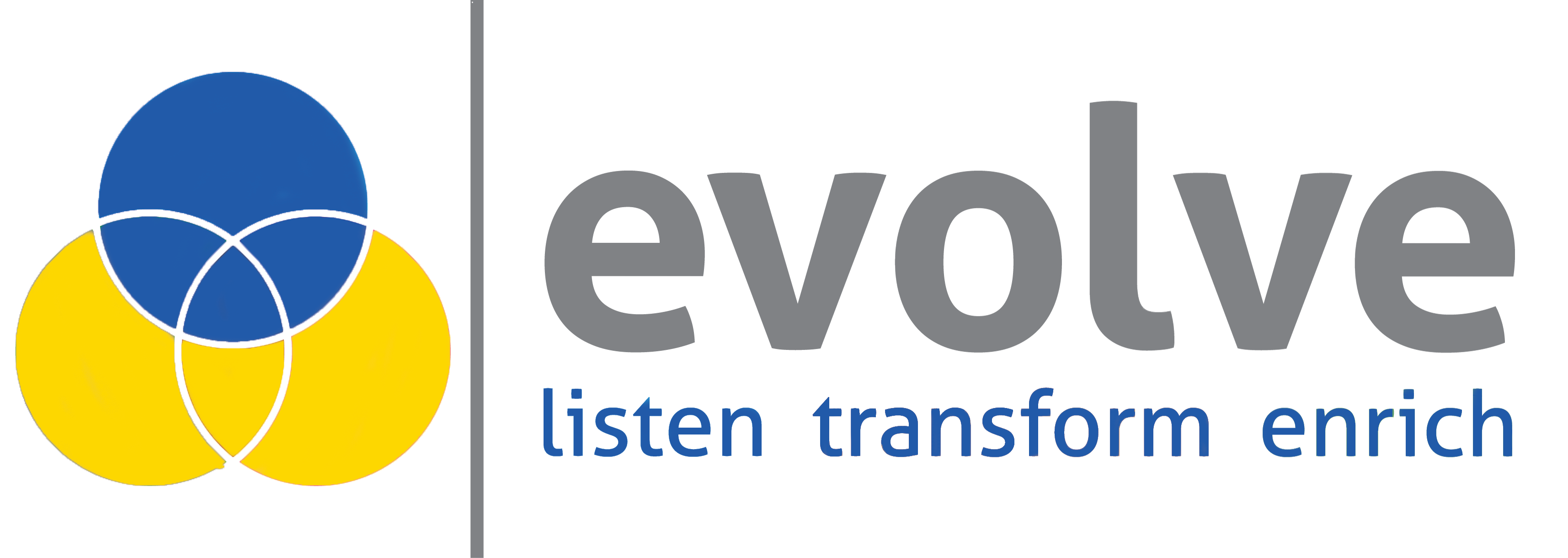Successful software development projects depend on the people who work on them. As such, every project starts with putting together a software development team with the right people, skillsets, personality, and more.
The primary objective here is to develop and support a team that works proficiently as a unit in a healthy atmosphere. However, building a software development team that’s efficient and effective is far from an easy task.
What Are the Key Characteristics of a Successful Software Development Team?
There are plenty of highly skilled software engineers who work well individually but not in a team. Or they might be good at their job but struggle to work in an organised, structured environment. This makes it critical to have experienced project managers on board to create a healthy, transparent, and collaborative environment.
Every project owner or project manager should focus on the following characteristics shared by successful software development teams:
- Strong communication skills (as poor communication leads to project failure)
- Strong understanding of team goals (as confusion causes delays and costs money)
- Clearly defined roles and responsibilities (to eliminate micromanagement and enhance transparency)
- Strong vision and company culture (to ensure that you’re always in line with the organisation’s overall goals)
Having a strong company culture is also vital to staff retention. When companies boast a healthy culture, you have happier, motivated employees who are more likely to be loyal to you and your cause.
How Do You Build an Effective Software Development Team?
Before you create a classified to advertise present vacancies, choose an approach to building your software development team. Based on skills and experience, programmers frequently fall into one of two categories—generalists and specialists.
It’s crucial to know the differences between them before you before making your first hire. This is because each comes with its own set of challenges, and we must engage them in different ways.
Who Are the Generalists?
Generalists have a wide range of interests and expertise. They know an extensive range of technologies, programming languages, and development approaches, but they don’t specialise in any one of them.
Generalist development teams often engage in full-cycle development. This is one of the reasons why they’re popular among outsourcing firms.
Key advantages of hiring generalists:
- They know the product from end to end
- They are good at enhancing the overall product
- They can complete tasks without asking for help
Key disadvantages of hiring generalists:
- They can get stuck because they don’t have the necessary expertise
- Companies must hire specialists to scale the product
Who Are the Specialists?
As the name suggests, specialist developers are experts who often work in a narrow field. Their responsibilities concentrate on certain parts of the project, and no one else in the team can do their job. As a result, they can also stop the rest of the team from working if they aren’t able to deliver their part on time.
When you have specialists on board, it’s best to clearly define the type of work they will do (including the technologies they will use). Once you hire a specialist, promote knowledge sharing with other team members. This could take the form of regular code reviews, on-the-job training, and pair programming.
Key advantages of hiring specialists:
- In-depth knowledge of certain aspects of the software product
- Can build complex, high-quality systems quickly
Key disadvantages of hiring specialists:
- Communication gaps with generalists
- Code parts might not combine seamlessly as specialists work on their own
Even if the specialist is working on their own, it’s important to keep them together with the rest of the software development team.
At Evolve, we often work in teams comprised of both generalists and specialists. If you’re following Scrum methodology, it’s also best to take this hybrid approach.
Hybrid software development teams maintain a balance that’s critical to complete projects on time and budget. In this scenario, the whole team can focus on the entire project even if some specialists are doing their own thing.
Once you have hired generalists and/or specialist developers, it’s time to get to work by clearly defining their roles and responsibilities.
Clearly Define Team Roles and Responsibilities
Developing software is challenging and demands a lot of effort on your part. This includes engaging in thorough planning with skilled engineers, managers, and other stakeholders.
If you’re working with a software development partner, it’s important to identify and document team roles and responsibilities together. It’s essential to ensure that you have all proven leadership and the necessary expertise in place (before the first iteration).
Here are some examples of software development team roles and responsibilities:
Product Owner
The product owner is responsible for having a clear vision of the project. They also have to communicate this to the whole team. In an extended team scenario, the project owner often comes from the client-side and acts as an intermediary between the client and the extended software development team.
The product owner is a passionate leader who finds ways to motivate the team and keep them engaged. They possess strong product expertise and help prioritise tasks during the software development lifecycle.
Project Manager
The Project Manager is responsible for executing the project. Their main goal is to ensure that the software development process runs as planned from start to finish. This is also the individual who reports to senior management.
A good project manager will have excellent soft skills like communication and negotiation. They will also be good at making important decisions, conflict resolution, and risk management. Project managers are also crucial to keeping your team of software engineers engaged and motivated.
Software Architect
Your software architect plays a critical role because they are responsible for the entire architecture of the application. This individual is highly technical and interacts the most with product owners, project managers, and even clients.
The software architect must visualise the product’s architecture and convey instructions to the team. They control the development process and review code to ensure quality. They also select the technology stack for the project and oversee project estimations.
Software Engineers
This is your core team of developers who will build your software product. They play a critical role in bringing the project to life. The front-end, back-end, or full-stack developers are responsible for making the product to the technical requirements set by the software architect.
QA Engineers
Quality Assurance engineers test the code during every stage of the development cycle. By finding bugs and inconsistencies early on, you can ensure time to market and high-quality software at the end of the project.
UX Designers
User Experience is much more than the look and feel of a product. It essentially a science as it analyses data to ascertain the best way to use a software product. As such, it’s vital to have a strong team of UX designers to build a successful application.
So, what does the perfect software development team look like?
There’s no correct answer to this question. The best response is “it depends.”
At Evolve, we have put together thousands of successful software development teams. In our experience, we found that you must find the right balance between technical expertise, corporate culture, and soft skills (like communication and collaboration) to run a successful software development project.
Are you looking to build a software development team for your next project? We can help! Reach out for a commitment-free consultation.

